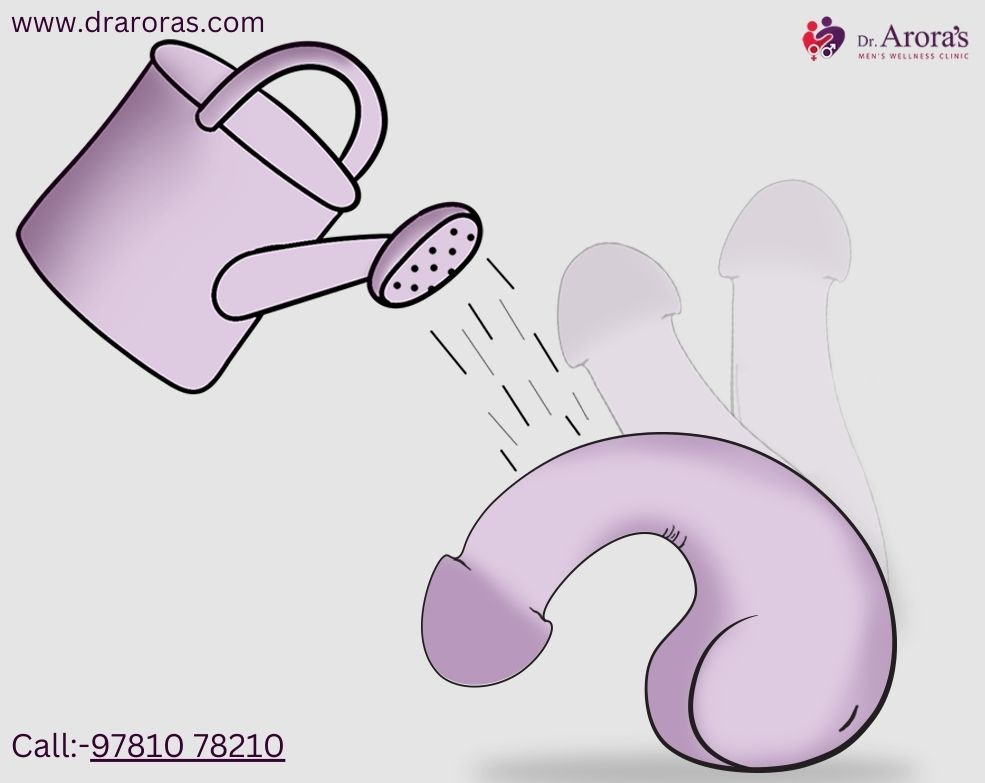charleymarrufo
About charleymarrufo
Exploring the Efficacy of Treatment Choices For Eating Disorders: An Observational Examine
Consuming disorders (EDs) represent a complex and multifaceted group of mental health circumstances that require comprehensive treatment approaches. This observational analysis article aims to look at the various treatment modalities for consuming disorders, their efficacy, and the experiences of individuals undergoing these treatments. By analyzing qualitative knowledge collected from patients, healthcare providers, and support groups, this research offers insights into the current landscape of consuming disorder treatment.
Eating disorders, including anorexia nervosa, bulimia nervosa, and binge-eating disorder, have an effect on hundreds of thousands of individuals worldwide. The prevalence of those disorders has been rising, significantly amongst adolescents and young adults. Regardless of the rising consciousness of consuming disorders, many people remain undiagnosed or do not search treatment due to stigma, lack of sources, or insufficient entry to care. This underscores the significance of understanding treatment options and their effectiveness.
The treatment landscape for eating disorders is various, encompassing psychotherapy, nutritional counseling, medical intervention, and assist teams. Cognitive-behavioral therapy (CBT) is broadly acknowledged as one of the most effective psychotherapeutic approaches for treating eating disorders. CBT focuses on identifying and modifying destructive thought patterns and behaviors associated to meals, physique image, and self-worth. Observations from therapy periods reveal that patients often experience a shift of their mindset, leading to improved coping strategies and a healthier relationship with meals.
One other prevalent therapeutic method is dialectical habits therapy (DBT), which is especially efficient for people with emotional dysregulation and co-occurring mental health issues. DBT emphasizes mindfulness, distress tolerance, and emotional regulation, helping patients handle the intense feelings that usually accompany eating disorders. Interviews with patients undergoing DBT indicate that this therapy fosters a sense of community and help, which is essential for recovery.
Nutritional counseling plays a vital function within the treatment of consuming disorders, as it offers patients with the data and expertise essential to determine a balanced relationship with food. Registered dietitians work intently with patients to develop individualized meal plans and educate them about nutrition. Here is more in regards to Erectiledysfunctiontreatments.online take a look at our own web page. Observations throughout counseling sessions spotlight the importance of addressing underlying beliefs about food and physique picture. Patients typically report feeling empowered by way of education, which aids of their recovery journey.
Medical intervention is also a essential part of consuming disorder treatment, particularly for individuals with extreme malnutrition or medical complications. Healthcare providers intently monitor patients’ physical health, addressing issues reminiscent of electrolyte imbalances and cardiovascular considerations. Observational information from medical settings point out that early intervention can significantly improve outcomes for patients with eating disorders. Common well being assessments and collaboration amongst healthcare suppliers ensure a holistic approach to treatment.
Assist teams, both in-person and on-line, present a priceless platform for individuals with consuming disorders to share their experiences and join with others dealing with similar challenges. These teams foster a sense of belonging and cut back emotions of isolation. Observations of group dynamics reveal that participants often gain energy from listening to others’ tales and sharing their own struggles. Many individuals report that assist groups have been instrumental of their recovery, offering encouragement and accountability.
Despite the varied treatment choices available, challenges persist in the sector of eating disorder treatment. Stigma surrounding psychological health and eating disorders can deter people from in search of assist. Observations reveal that many patients feel ashamed or embarrassed about their struggles, which might hinder their willingness to interact in treatment. Additionally, access to care remains a big barrier, notably in underserved communities where specialised treatment facilities may be scarce.
The role of family help within the treatment of consuming disorders can’t be understated. Family-based mostly therapy (FBT) is an evidence-based method that involves parents within the treatment process, particularly for adolescents. Observations of household therapy sessions indicate that involving family members can lead to improved communication, understanding, and help for the patient. Families typically report feeling more geared up to help their loved ones navigate recovery, which is essential for long-term success.
The combination of technology into consuming disorder treatment has additionally gained traction in recent years. Telehealth services and cellular purposes provide patients with entry to therapy and support resources from the consolation of their homes. Observational information indicate that many individuals admire the pliability and comfort of telehealth, significantly those that might have difficulty attending in-individual sessions because of geographical or logistical constraints. Nonetheless, it is crucial to make sure that these digital platforms are safe and provide enough support.
In conclusion, the treatment of consuming disorders is a dynamic and evolving subject that requires a multifaceted strategy. This observational examine highlights the efficacy of varied treatment modalities, together with psychotherapy, nutritional counseling, medical intervention, and assist teams. While important progress has been made in understanding and addressing eating disorders, challenges remain when it comes to stigma, access to care, and the need for ongoing assist. Continued research and advocacy are important to improve treatment outcomes and be sure that individuals with eating disorders receive the complete care they deserve. By fostering a greater understanding of those circumstances and selling a culture of acceptance and support, we may help people on their journey to restoration.
No listing found.


